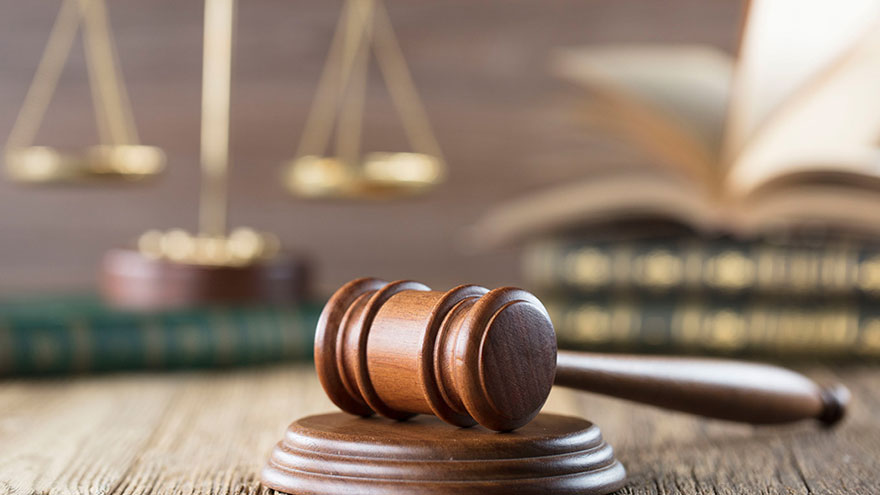What Happens in Probate Court?
Executor
If the decedent left a will or trust document, the executor is required to present either witnesses or an affidavit from witnesses who can affirm the validity of the will. The executor must also notify the potential heirs to the estate who have either been identified in the will or trust, or have been determined by that state’s intestacy laws.
He must identify, catalog and value the decedent’s property. Then, before distributing assets to the beneficiaries, he must pay any debts the decedent owed.

Property
Not all property must be divided in probate court. Some jointly owned property, including shared homes, life insurance benefits and accounts with named beneficiaries all pass immediately to either the joint owner or beneficiary as a matter of contract without needing the approval of the probate court.
The rest of the property, including personal belongings, becomes subject to the jurisdiction of the court. It will also help to obtain “clear title” for beneficiaries to property that was owned solely by the person who died. This will ensure that the title is recorded in the name of the beneficiary.
Length
The length of a probate process varies greatly, but usually requires between six and nine months to complete.
Certain complications like a will contest, the sale of property, the payment of a large amount of debts or a complex tax situation may greatly lengthen probate.
You Might Also Like :: What Is Probate Court?

